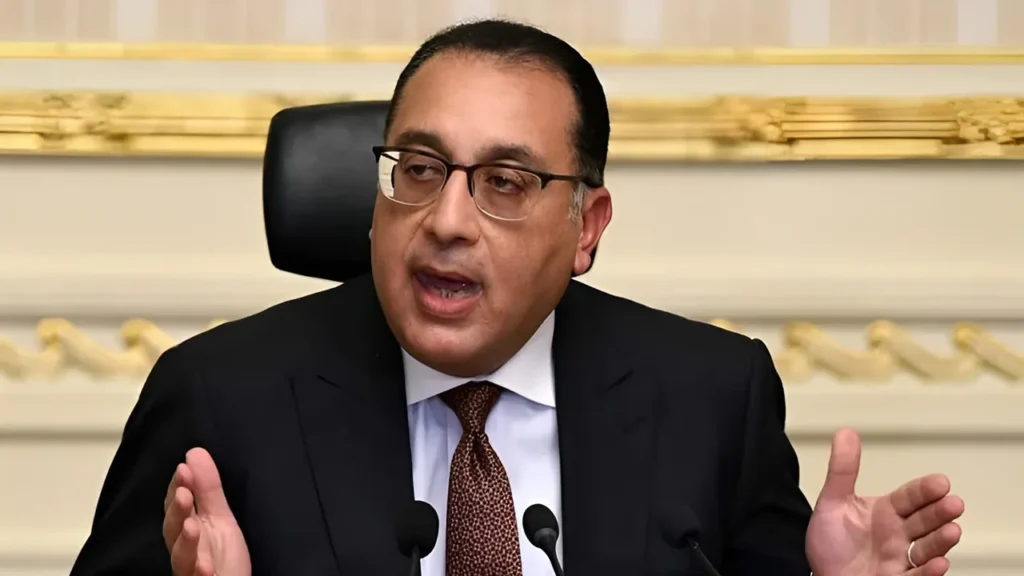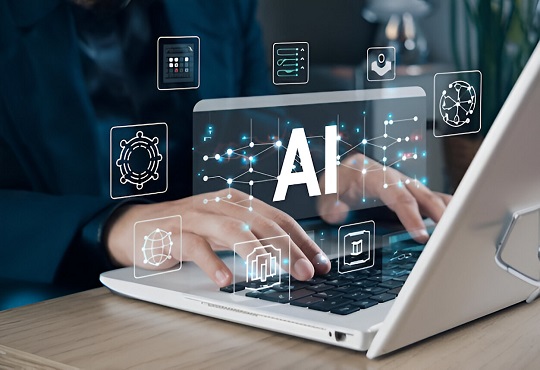Technical school graduates can now pursue artificial intelligence and computer science degrees directly for the first time, ending decades of educational barriers that limited university access to elite academic track students.
Egypt’s Supreme Council of Universities approved the policy change, allowing students from specialized technical schools to compete for spots in AI and computer science programs without complex equivalency processes. The decision affects thousands of students currently enrolled in vocational programs focused on technology and artificial intelligence.

Technical Students Gain Direct University Access Through New Admission System
The reform creates separate competitive admission tracks for different categories of technical education graduates. Students from five-year technical schools, three-year technical programs, applied technology schools, and two-year post-secondary technical institutes can now apply directly to university AI and computer science faculties.
Previously, these students faced complex equivalency processes that often blocked their path to higher education. The new flexible quota system establishes separate minimum thresholds based on applicant numbers in each technical category, ensuring fair competition within similar educational backgrounds.
Students from AI-focused technical schools can compete directly for AI faculty positions through tailored admission tracks. This creates new educational and career pathways for vocational students who were previously excluded from university-level technology programs.
Applied Technology Schools Drive Egypt’s Digital Transformation Strategy
Applied technology schools serve as the foundation for this educational reform. These institutions expanded from just three schools in 2018 to 70 schools across 19 governorates by 2024. The Ministry of Education plans to reach 90 schools by the 2025/2026 academic year.
The WE ICT Schools for Applied Technology represent Egypt’s first smart institutions specializing in communications technology. Launched in 2020 through collaboration between the Ministry of Communications and Information Technology and Telecom Egypt, these schools prepare students for local and global telecommunications markets.
Students in applied technology programs receive internationally accredited certificates, work experience certificates from partner companies, and professional certifications from leading ICT companies alongside traditional technical diplomas. The competency-based curriculum combines basic sciences, technical specialization, and hands-on practical training delivered through partnerships with private and public sector companies.
Admission to applied technology schools requires competitive selection based on preparatory certificate results, entrance exams in Arabic, English and Mathematics, plus personal interviews with school administrators and industry partners.
Egypt Addresses Critical AI Skills Gap Through Educational Bridge
The policy change addresses Egypt’s growing need for AI professionals while recognizing that traditional academic pathways cannot meet expanding technology workforce demands. Technical education students often possess practical skills that complement university-level theoretical training in artificial intelligence and computer science.
Egypt’s approach aligns with Middle Eastern efforts to bridge vocational training and higher education. Similar initiatives across Gulf states and Jordan demonstrate growing recognition that vocational-to-university bridges become essential for digital transformation strategies and addressing youth employment challenges in technology sectors.
The reform could result in a significant new stream of AI students entering Egypt’s talent pipeline. Technical school graduates bring hands-on experience with industry-standard equipment and real-world problem-solving skills that enhance university AI and computer science programs.
Ministry Coordination Ensures Smooth Implementation Process
The Ministry of Education and Technical Education coordinated with the Ministry of Higher Education and Scientific Research under Prime Minister Mostafa Madbouly’s direct supervision to implement the policy. This high-level coordination ensures technical students can compete directly for university places in AI and computer science programs.
Outstanding technical education students receive priority hiring opportunities after graduation, financial incentives, free uniforms, and transportation to training sites. After graduation, students can pursue direct employment, enroll in technological universities, join technical institutes, or access Egyptian public universities through the new admission system.
Technical students now have expanded educational and career horizons through direct competitive admission for university places.
Regional Impact on Middle East Technology Education
Egypt’s educational reform comes as artificial intelligence becomes important across the Middle East region. The UAE established Mohamed bin Zayed University of Artificial Intelligence, while Saudi Arabia invests heavily in AI education initiatives as part of Vision 2030.
This Egyptian initiative provides a model for other Middle Eastern countries seeking to bridge technical education with university-level AI and computer science programs. The success of Egypt’s vocational-to-university pathway could influence similar reforms across the region.
The policy change supports Egypt’s broader digital transformation goals by ensuring technical education graduates can contribute to the country’s artificial intelligence development. Students with practical technical skills combined with university-level AI education create a stronger foundation for Egypt’s technology sector growth.













